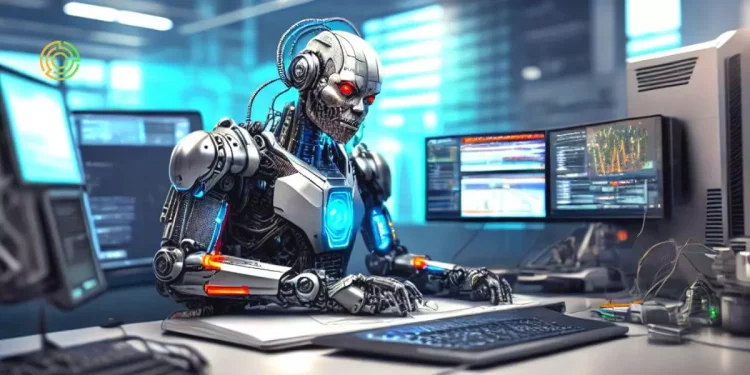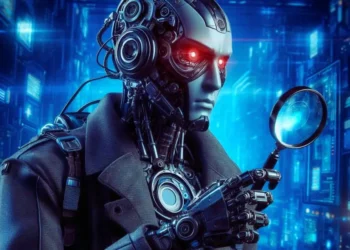The advancement of generative artificial intelligence (AI) is revolutionizing the job market, and while its adoption leads to the possible elimination of some jobs, it opens up many job opportunities.
Generative AI and its implications
Generative AI is a form of AI that uses prompts or stimuli to produce content or conversations, as opposed to traditional AI which focuses on patterns, decisions, or data classification.
With the increasing adoption of chatbots and generative tools such as ChatGPT, Bing Chat, or Google Bard, generative AI is becoming a common tool for communication and marketing.
Even in fields such as programming or graphic design, generative AI is catching on.
However, the adoption of generative AI also means the possible elimination of some jobs, such as customer service, accounting, and production, which could be replaced by chatbots, software, and intelligent machines.
New jobs in generative AI
While the adoption of generative AI could result in the elimination of some jobs, it will also generate a number of new jobs, especially in AI development and maintenance, and automation.
Some of the new job opportunities that could arise include:
Data detectives or data scientists
Data scientists and analysts will become increasingly important in the creation and analysis of large data sets. Data detectives will need to be able to identify and analyze complex patterns and develop algorithms to solve specific problems.
Prompt Engineers
Prompt engineers will be responsible for designing and optimizing prompts used by generative AI to produce specific content or conversations.
These engineers must have a deep understanding of the psychology of language and communication.
Robotics engineers
The field of robotics is growing rapidly, and generative AI can be a valuable asset in its advancement. Engineers specializing in robotics will have the responsibility of designing and constructing robots capable of intelligent interaction with humans.
Machine learning specialists
Machine learning is a crucial technique for the development of AI, and professionals specializing in this field will become increasingly vital. These specialists in machine learning must possess solid backgrounds in mathematics and statistics.
AI trainers
AI trainers will be responsible for teaching AIs how to respond to different stimuli. They must have a deep understanding of human behavior and psychology.
The challenges of generative AI
While generative AI has great potential to create new employment opportunities, it also poses significant challenges. One of the main ones is ethics.
Generative AI can be used to create misleading or discriminatory content and it is important to establish standards to ensure that generative AI is used responsibly and ethically.
Another important challenge is the need for ongoing training. Generative AI jobs require specialized skills and knowledge that can change rapidly as technology evolves.
Professionals must be willing to constantly learn and update their skills and knowledge to remain relevant in the job market.
Conclusions
Generative AI is an innovative and exciting technology that has the potential to significantly change the labor market. As technology evolves, new employment opportunities will be created and some existing jobs will be replaced.
However, it is important to address ethical and lifelong learning challenges to ensure that generative AI is used responsibly and that its benefits to society are maximized.
Follow us on our social networks and keep up with everything in the Metaverse!
Twitter Linkedin Facebook Telegram Instagram Google News












































